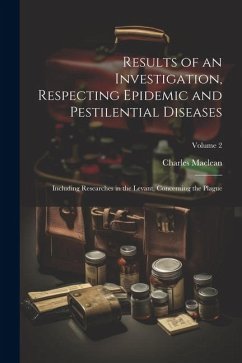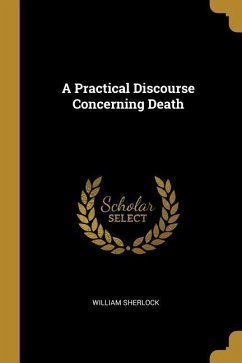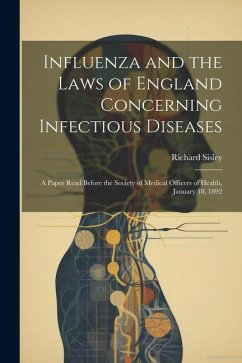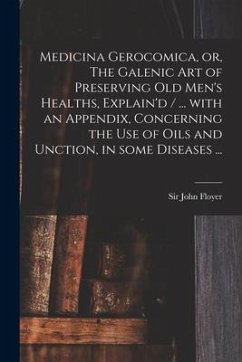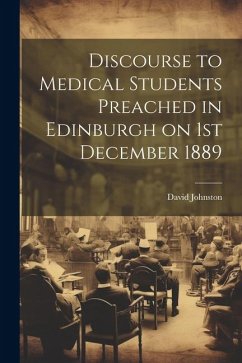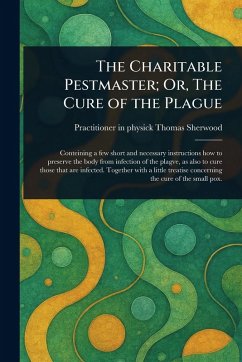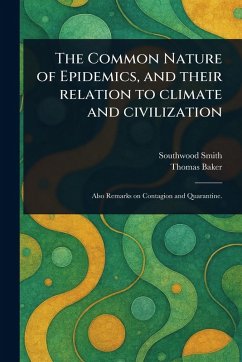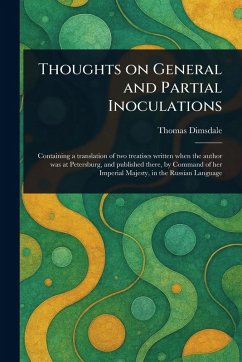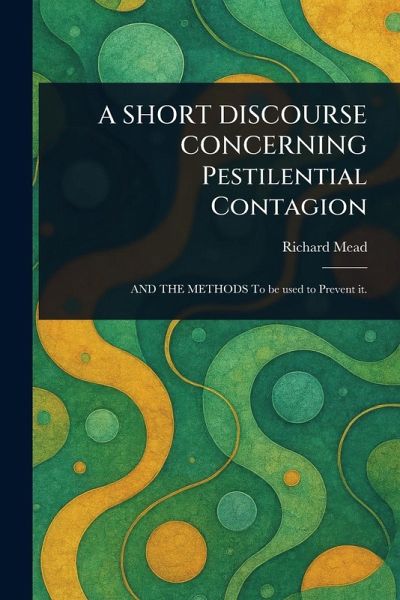
A SHORT DISCOURSE CONCERNING Pestilential Contagion
Versandkostenfrei!
Versandfertig in über 4 Wochen
14,99 €
inkl. MwSt.

PAYBACK Punkte
7 °P sammeln!
Richard Mead's "A Short Discourse Concerning Pestilential Contagion, and the Methods to Be Used to Prevent It" offers a fascinating glimpse into early approaches to public health and disease prevention. Written during a time when understanding of contagion was limited, this historical text provides insights into how societies grappled with the threat of plague and pestilence. Explore the methods proposed to combat the spread of disease, reflecting the medical knowledge and societal concerns of the era. This discourse sheds light on the history of medicine, offering a valuable primary source fo...
Richard Mead's "A Short Discourse Concerning Pestilential Contagion, and the Methods to Be Used to Prevent It" offers a fascinating glimpse into early approaches to public health and disease prevention. Written during a time when understanding of contagion was limited, this historical text provides insights into how societies grappled with the threat of plague and pestilence. Explore the methods proposed to combat the spread of disease, reflecting the medical knowledge and societal concerns of the era. This discourse sheds light on the history of medicine, offering a valuable primary source for those interested in the evolution of public health practices. Delve into a world where contagion was a mysterious and terrifying force, and discover the early attempts to understand and control its devastating effects. "A Short Discourse" serves as a powerful reminder of the enduring challenges of epidemics and the ongoing quest for effective disease prevention. This work has been selected by scholars as being culturally important, and is part of the knowledge base of civilization as we know it. This work is in the public domain in the United States of America, and possibly other nations. Within the United States, you may freely copy and distribute this work, as no entity (individual or corporate) has a copyright on the body of the work. Scholars believe, and we concur, that this work is important enough to be preserved, reproduced, and made generally available to the public. We appreciate your support of the preservation process, and thank you for being an important part of keeping this knowledge alive and relevant.






